AML Case Management [Detailed Guide]
Learn how AML case management works and which AML processes or key components go into this centralized system, helping analysts monitor transactions, log extra cases, and analyze identified red flags, sometimes leading to complex cases, especially when limited AML automation is used. Find out why.
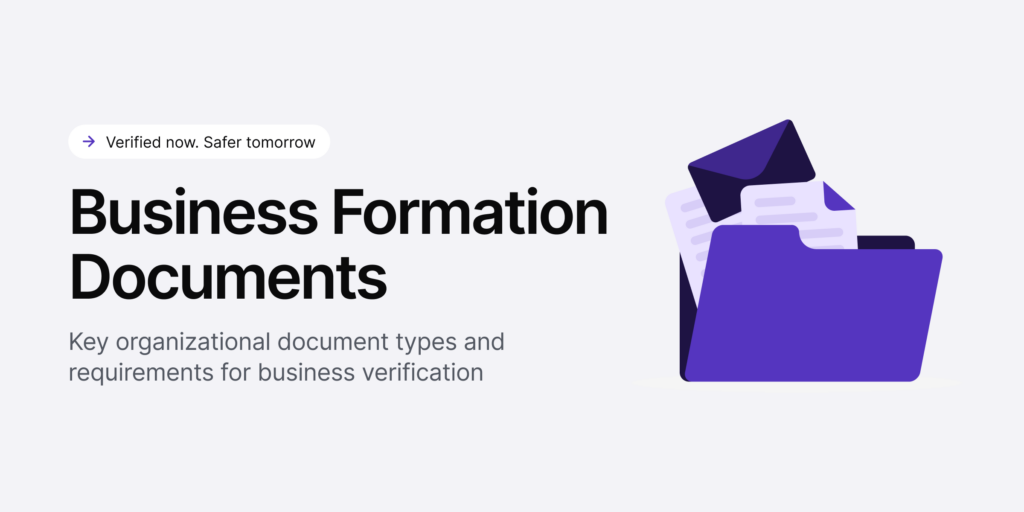
How to Prepare Business Formation Documents
Learn how to retrieve business formation documents, what types of documents you need for different business structures, and where to easily find them online.

April 24, 2025
A Guide for Compliance Officers – Top Interview Questions in 2025
Organizations are always seeking professionals who understand complex laws and are able to apply them across hybrid work environments, but sometimes there can be issues – it could be hard to prepare for an interview for a compliance officer. Learn how you can ace the interview.

April 24, 2025
What is a Magic Link and How Does it Work?
Learn all about the Magic Link — how it works, why it’s important for various applications, its advantages for KYC verification, including other concrete examples, and the functionalities of iDenfy’s Magic Link solution.
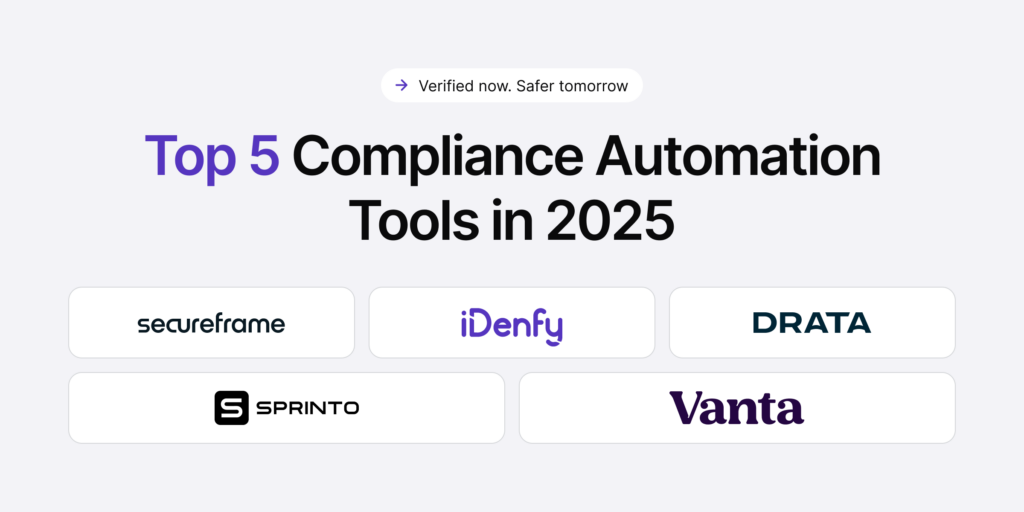
April 23, 2025
Top 5 Compliance Automation Tools in 2025
It could be hard to choose the right compliance automation tool in 2025, just because there are so many of them, but fear not, we have excluded the best leading compliance automation tools there are in today’s market.
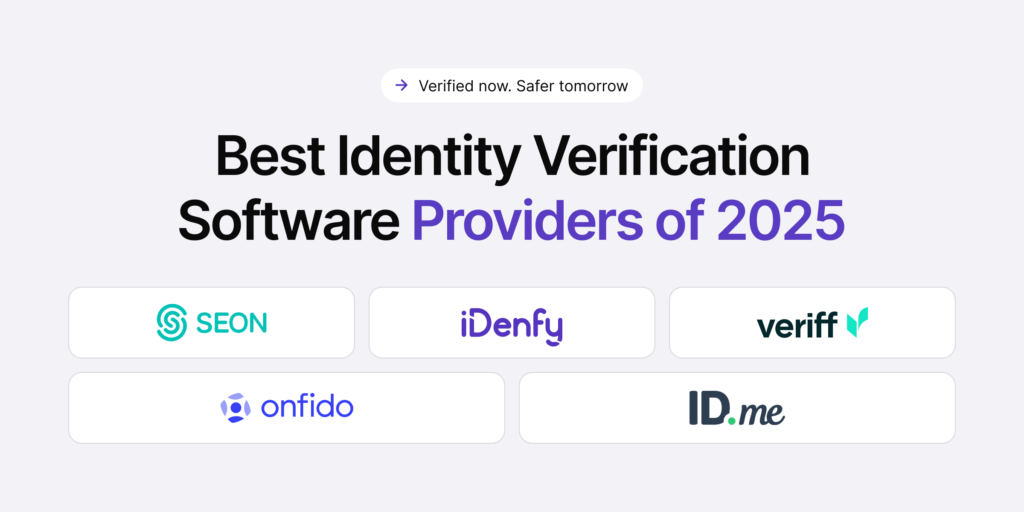
April 23, 2025
Best Identity Verification Software Providers of 2025
Choose the right identity verification provider and review the required features for complete KYC compliance.
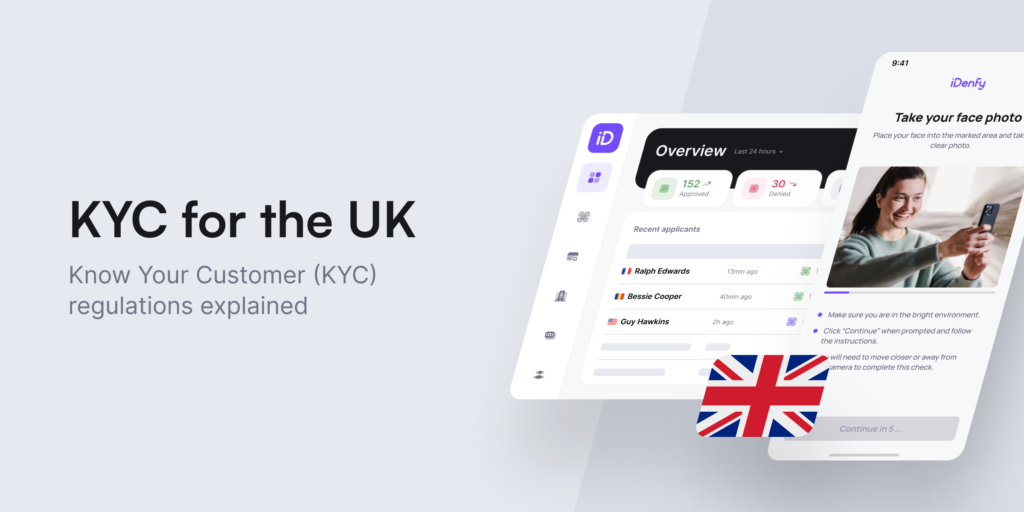
April 4, 2025
KYC Requirements in the UK for 2025 [Updated]
The UK ranks at the top regarding fintech adoption. Not only that but also the idea of RegTech and Open Banking originated here, making the UK and its businesses the key players when it comes to technological advancements. Consequently, the evolution of the regulatory landscape led the UK to have strict compliance regulations. In this article, we’ll review different industries and their KYC requirements.

April 2, 2025
The Cost of Fraud
The fraud issues around the world for the companies are spreading increasingly fast day by day. We have prepared most successful anti-fraud strategy methods that will save your company or organization from losses that could occur in the financial world.

March 31, 2025
Case Study: TOPsport
Learn how TOPsport integrated an automated, user-friendly KYC flow to verify new players and prevent fraud, such as bonus abuse, while running AML checks and minimizing drop-offs to boost conversions on its age-restricted iGaming platform.

March 31, 2025
What is KYC
KYC – a solution that keeps all of the digital world together, verifying users’ identities, preventing financial crimes, and ensuring regulatory compliance, all the way from banks to fintech companies, KYC keeps compliance in place by assessing risk levels and monitoring unusual activities.

March 28, 2025
Case Study: Liquid Noble
Find out how Liquid Noble adjusted its KYC flow and automated AML screening in a highly regulated environment, reducing noise in the account creation process and cutting ID verification time in half.
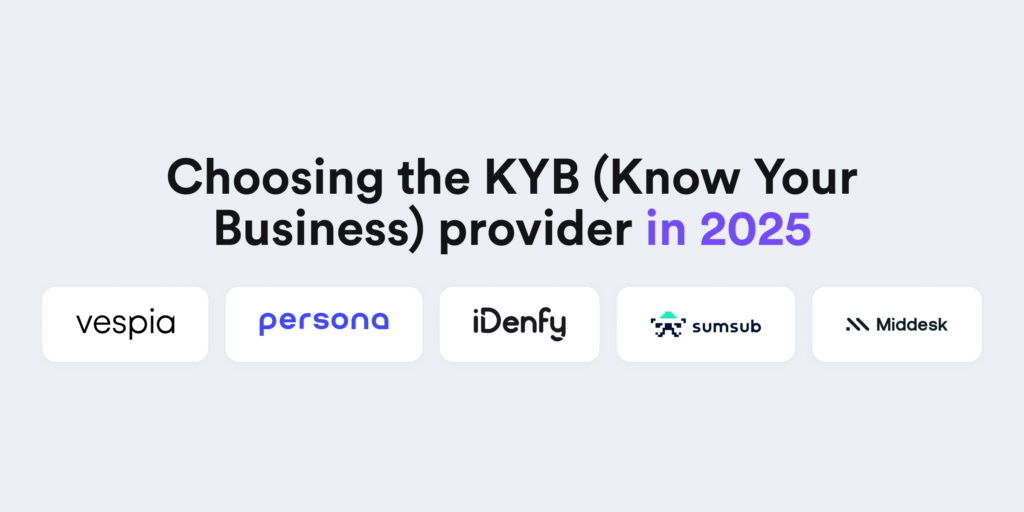
Best KYB (Know Your Business) Software Providers of 2025
Explore the latest review of best KYB (Know Your Business) software providers and recommendations on where each of the service excels the best.

How to Find Out Who Owns a Business [Guide]
Look through the main government databases and other online methods leading you to accurate sources to break down a company’s ownership structure and find out who really owns it.

